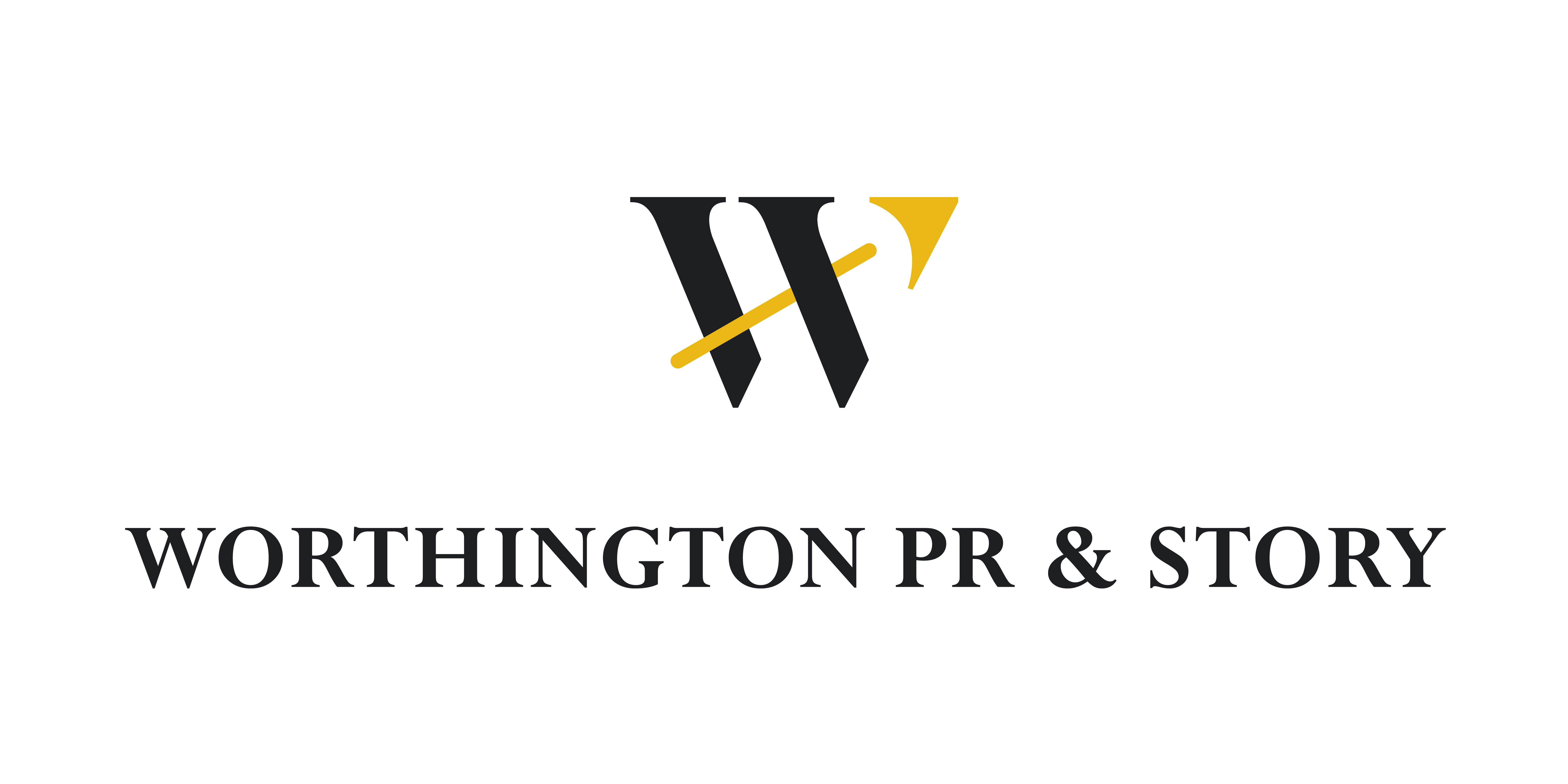Everything You Need to Know about Bill C-18
Bill C-18 was passed by the federal government and will come into effect before the end of 2023. However, it is already affecting Canadians’ ability to access news on Google and Meta platforms (like Facebook and Instagram) and a large effect on Canadian news outlets. This may have an effect on the business we do together, and so we compiled a list of Q&As to answer any questions you may have about this new legislation:
What is Bill C-18?
Bill C-18 became law in June. It requires tech companies like Meta (Facebook, Instagram) and Alphabet (Google), to compensate Canadian media organizations for linking to Canadian news content from their platforms. Both Meta and Google have rejected the law and have begun simply blocking access to Canadian news content on their platforms. The law has yet to take effect, but already the companies are beginning to block Canadian news content. The Government of Canada can enable the law at any point, but it will come into full effect in December 2023, if not sooner.
What is the Government of Canada’s stance?
The Government of Canada has taken an interest in trying to slow or stop the decline of local news media in Canada. According to government data, more than 450 local news providers have gone out of business over the last 15 years (CityNews). The Government of Canada now allows Canadians to claim news and information subscriptions on their taxes as a way to encourage Canadians to subscribe to paywalled Canadian news content.
Bill C-18 is another step on this path. Section 4 of the Bill puts at the forefront “…enhancing fairness in the Canadian digital news marketplace and contributing to its sustainability, including the sustainability of news businesses in Canada…including independent local ones.” (Parliament of Canada)
In short, the government wants to increase the sustainability of Canadian news, but smaller, local news, in particular. They believe that journalists and news outlets should be compensated by tech companies like Meta and Google.
What are companies like Meta and Google saying?
Google has taken issue with the Bill’s definition of ‘eligible news business.’ They believe this definition to be very broad and include blogging or activist news sites with lower standards for journalistic integrity. Google having to potentially pay these types of sites is problematic for them (Google).
The companies have also argued that news links are driving traffic to the websites of news outlets. This is essentially free advertising for the news outlets and expands their reach. Meta and Google feel they are providing a free service that benefits Canadian news outlets, so why should they pay outlets on top of that service?
Why is this only happening in Canada?
Bill C-18 is based on a similar piece of legislation that passed in Australia in 2020, called the News Media and Digital Platforms Mandatory Bargaining Code. News on Australian digital platforms was temporarily blocked, but an agreement was eventually made to regain access to this content on the platforms (CTV News).
What are the current effects of Bill C-18?
Over the next few weeks, Canadian news will be blocked from Facebook, Instagram and Google for people living in Canada. American news will still be available and Canadians will be able to access the blocked news from outlets directly on their website, emailed newsletters and their individual apps.
The longer-term consequences will depend on the final federal regulations related to Bill C-18, currently being ironed out by the federal Heritage Minister. This could include compromises in response to the concerns brought by Meta and Google.
What does this mean for reputable news outlets?
According to University of Toronto Professor Daniel Tsai, up to 40% of the information on sites like Facebook and Google includes misinformation (CityNews). With the blocking of Canadian news and media organizations, that number will increase. For news outlets, Bill C-18 and the news ban by Meta and Google may mean fewer eyes on their stories with an increasing number of Canadians accessing news on social media platforms or searching for it through Google. For Canadians, this could mean reduced access to accurate information, which is already challenging in remote areas and areas impacted by natural disasters like the wildfires around Kelowna and Yellowknife.
In the longer term, The Parliamentary Budget Officer, which provides economic and financial analysis to the government, estimates the bill could shift around $329 million to the Canadian news industry (CTV News).
What should we do if we advertise on these platforms?
What it means for advertisers on these platforms isn’t yet fully known. This will depend on the final federal regulations and whether any amendments are made to the legislation after ongoing discussions with Meta and Google. Should a deal be struck, advertisers may see their costs to advertise increase in order for these platforms to compensate Canadian news media.
How should we be getting / sharing news?
Canadian news is still available directly through national and local media websites like CBC, CTV, Global, LiveWire Calgary, Daily Hive, Calgary Citizen, Avenue Calgary and Curiocity (just to name a few)as well as on their respective apps. However, Canadians can no longer access or share Canadian news sites or content on platforms like Facebook or Instagram. Other platforms like X (Twitter) still allow for Canadian news to be posted and shared on the site. International news remains available through sites like Google and only Canadian content is affected.
What else do I need to know?
This situation is still evolving, so we recommend staying up to date on the current status of the Bill. We encourage you to support Canadian media outlets. Visiting their sites and subscribing to exclusive content and newsletters provided by Canadian news organizations will be the best way to stay informed. The outlets listed above are just a sampling – we believe that reputable local, regional and national news outlets are vital for accurate storytelling.
If you have any questions at all about how your brand or stories may be affected, please feel free to reach out to our team. We are in the business of telling great stories and want to do what we can to help support the many reputable and established news outlets whom so many depend upon.





